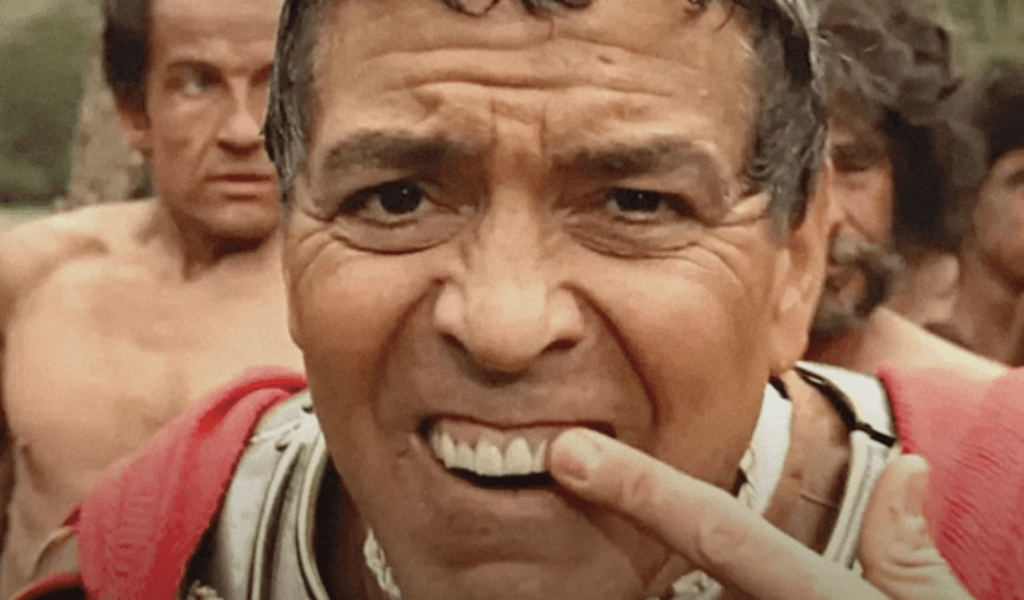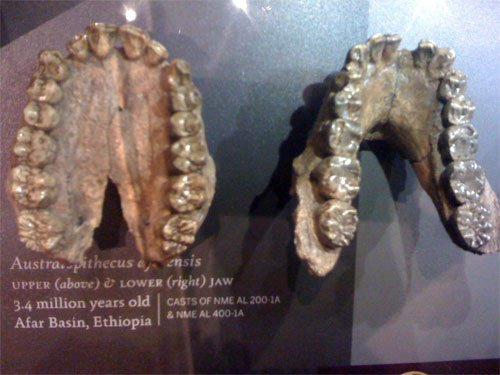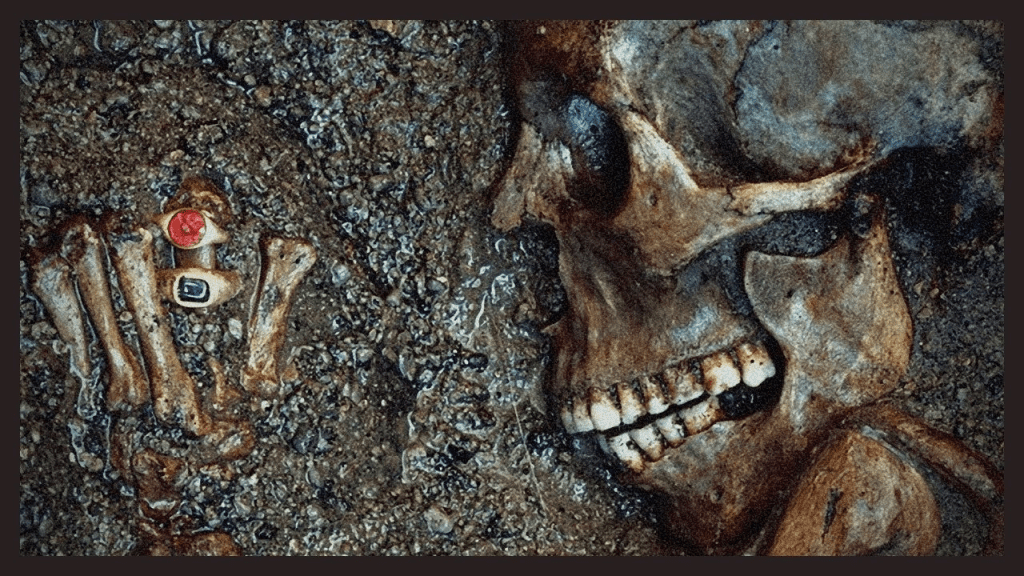When we think about ancient Rome, images of grand architecture, powerful emperors, and vibrant street markets often come to mind. But what’s often overlooked is how surprisingly advanced the Romans were in matters of health especially when it came to dental hygiene. Though their dental methods may sound bizarre by today’s standards, archaeological evidence suggests their techniques were shockingly effective.

Toothbrushes? Not Quite. But Romans Had a Routine
Unlike today’s plastic brushes and minty toothpaste, ancient Romans used rudimentary tools and unconventional substances. Twigs, rough cloths, and frayed sticks may have served as early toothbrushes, allowing Romans to scrub away at food debris. But what truly set their dental practices apart were the ingredients they used to keep their mouths clean.

The Ingredients That Make Us Cringe
Would you clean your teeth with powdered bones or crushed mouse brains? Probably not but for Romans, it wasn’t unusual. Some Roman texts and historical interpretations describe tooth powders made from burnt eggshells, powdered ox hooves, and yes mouse brains. Another shocker? Human urine was sometimes imported from Portugal and used as a powerful cleaning agent, thanks to its ammonia content.
Video:
Why the Romans had Better Teeth than Modern European
It sounds stomach-turning, but ancient Romans believed in the effectiveness of these formulas. And judging by the archaeological evidence, they may have been onto something.
Archaeological Proof: Surprisingly Healthy Teeth
You’d expect ancient teeth to be riddled with cavities, especially given the lack of modern dentistry. However, Roman skeletons paint a different picture. Excavations of burial sites have revealed that most Romans had remarkably good dental health. Few signs of decay. Minimal tooth loss. And hardly any gum disease.
So, what was their secret? It likely boiled down to a combination of their natural diet and their unusual cleaning practices.

A Diet That Did Wonders
One of the main reasons for the lack of cavities in Roman teeth might actually be what they ate. Unlike modern diets packed with sugar and processed foods, Roman meals were typically rich in vegetables, grains, fish, and modest portions of meat. Honey was their main sweetener but it wasn’t used in excess. With less sugar to feed harmful bacteria, their mouths had fewer reasons to rot.
Additionally, the fibrous texture of Roman foods helped scrub teeth naturally during chewing. It’s not unlike how raw carrots or apples help clean modern teeth on the go.

The Power of Public Baths and Oral Awareness
The Romans were incredibly hygienic for their time. Public baths were common, and cleanliness was part of daily life. Dental hygiene, although not perfectly understood, was not neglected. Recipes for tooth powders, mouthwashes, and breath fresheners existed. These concoctions often included baking soda-like substances and herbs like mint or myrrh to fight odor and bacteria.
Their emphasis on hygiene wasn’t just personal it was social. Fresh breath and clean teeth signaled good health and status, especially in elite Roman society.
Video:
Ancient Romans of Pompeii Had Surprisingly Good Dental Health
A Fascinating Legacy of Ancient Wisdom
While the idea of using urine or ground animal parts may make us shudder today, we can’t deny the effectiveness of the Romans’ approach. They lived in an era without electric toothbrushes or fluoride, yet they achieved better dental outcomes than many modern populations.
In fact, some of their ingredients, like baking soda and charcoal, are making a comeback in trendy oral care products today. It seems the past still has a few lessons to teach us.

In Conclusion
The Romans weren’t just warriors and builders they were early experimenters in health and hygiene. Their dental practices, though unusual, prove that innovation doesn’t always look the way we expect. With limited tools and curious ingredients, they maintained smiles that withstood the test of time.
Who knows perhaps there’s more ancient wisdom in our mouths than we ever imagined.


